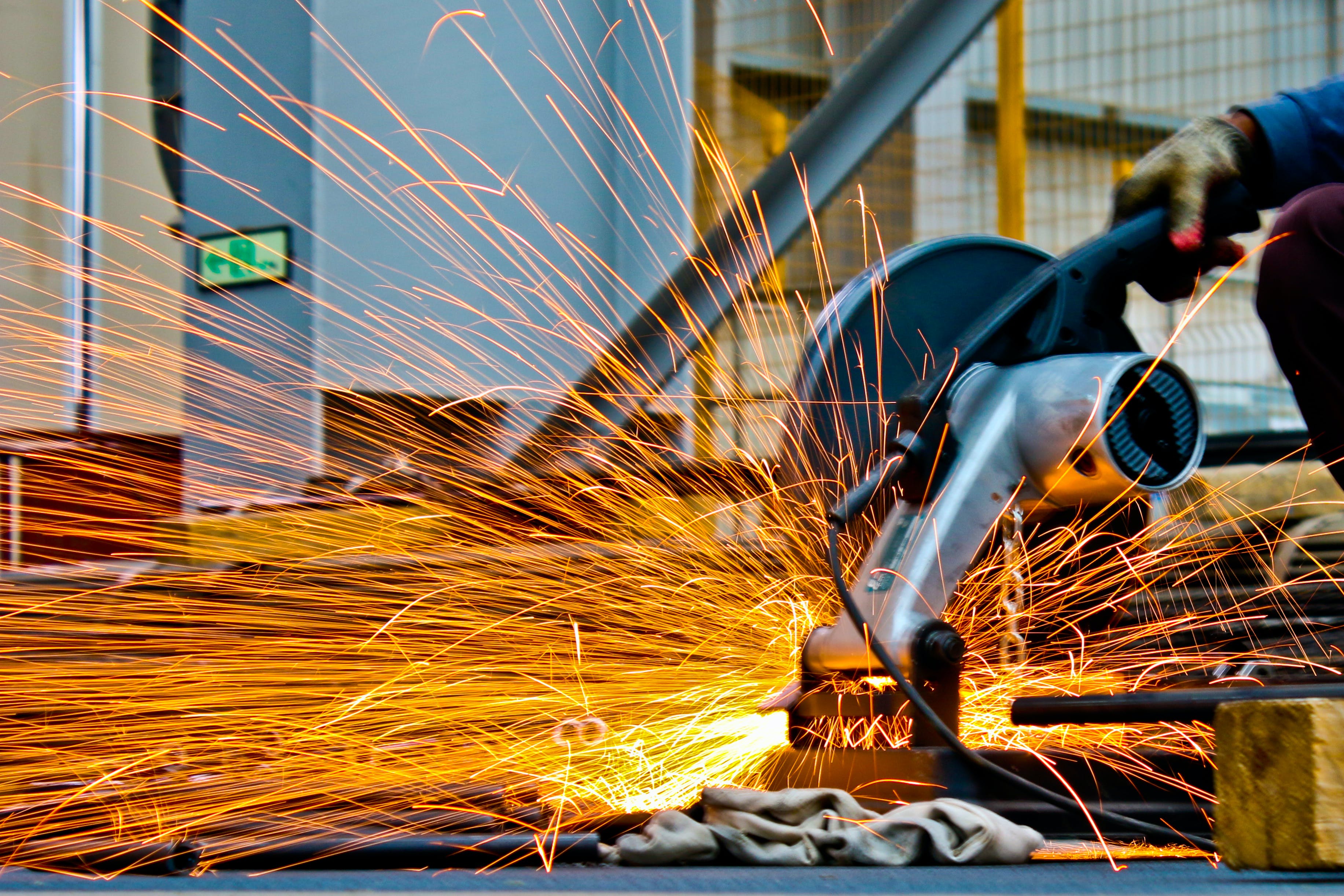In industrial pump applications, both sludge pumps and slurry pumps are commonly used for handling fluids that contain solids. While they share similar working principles and uses, there are some key differences in their design, application, and the materials they handle. This article will delve into these differences to help you choose the right pump for your specific needs.
1. Materials Handled
Sludge Pump
A sludge pump is typically used to handle semi-solid materials, such as sludge from wastewater treatment plants, industrial wastewater, or even oil sludges. These materials often contain a high percentage of organic matter and sediments, making them thick and viscous. Sludge pumps are designed to handle these low-flow but high-density substances and require significant pushing power to maintain flow.
Slurry Pump
A slurry pump, on the other hand, is specifically designed for transporting liquids containing solid particles. These are common in industries such as mining, chemical processing, and cement manufacturing, where slurries, such as mud or mortar, are frequently moved. The solid particles in the slurry can be highly abrasive, so slurry pumps are built to withstand wear and tear.

2. Design Characteristics
Sludge Pump Design
Due to the highly viscous nature of sludge, sludge pumps are designed with larger passageways to ensure that large particles or sticky materials don’t clog the system. These pumps typically operate at lower flow rates but are capable of handling higher concentrations of suspended solids.
Slurry Pump Design
Slurry pumps are built with abrasion-resistant materials, such as rubber or alloy, to endure the constant impact of solid particles. Unlike sludge pumps, slurry pumps need to maintain high flow rates to efficiently transport large volumes of liquid mixed with solid particles, ensuring the smooth movement of the slurry.
3. Application Areas
Sludge Pump Applications
Sludge pumps are widely used in wastewater treatment plants, industrial waste disposal, oil fields, and the paper industry. Their primary function is to handle high-concentration semi-solid materials like municipal sludge, oil sludge, or industrial waste byproducts.

Slurry Pump Applications
Slurry pumps are predominantly used in mining, quarrying, chemical processing, and steel manufacturing, where they are employed to move slurry, mine tailings, sand, and other abrasive materials. They are also widely used in cement plants, coal mines, and metal ore transportation.
4. Operating Conditions
Sludge Pump
Sludge pumps are typically designed to operate under low-pressure, low-flow conditions. Their focus is on handling high concentrations of viscous materials, requiring pumps to be clog-resistant and corrosion-resistant.
Slurry Pump
Slurry pumps often operate under high-pressure conditions to transport larger volumes of material efficiently. They are built to handle harsh environments and must be highly wear-resistant and reliable due to constant exposure to abrasive particles.
5. Maintenance and Lifespan
Sludge Pump
Due to the viscous nature of sludge, sludge pumps require frequent maintenance, especially when it comes to clearing the internal passageways to prevent clogging. Additionally, since sludge often contains corrosive substances, the pump material must be resistant to corrosion.
Slurry Pump
Slurry pumps are designed for abrasive environments, and although the materials used are highly resistant to wear, key components like the impeller will need periodic replacement to ensure efficient operation over time.
Conclusion
While sludge pumps and slurry pumps both handle solid-laden fluids, their design and applications differ. Sludge pumps are better suited for handling high-viscosity, semi-solid materials like municipal sludge or industrial waste, while slurry pumps are ideal for transporting liquids containing abrasive solid particles, such as slurry or mine tailings.
Choosing the right pump depends on the type of material you're working with, your operating conditions, and your industry requirements. Understanding these differences can help ensure you select a pump that balances operational efficiency with maintenance costs.
We hope this article has helped clarify the differences between sludge pumps and slurry pumps. If you have any further questions or need additional advice, feel free to contact us.
Anhui Changyu Pump Valve Manufacturing Co., Ltd.
As a leading pump manufacturer, we provide high-quality magnetic pumps, centrifugal pumps, corrosion-resistant pumps, and other industrial pumps, widely used in petrochemical, new energy, biopharmaceutical, and other industries.
